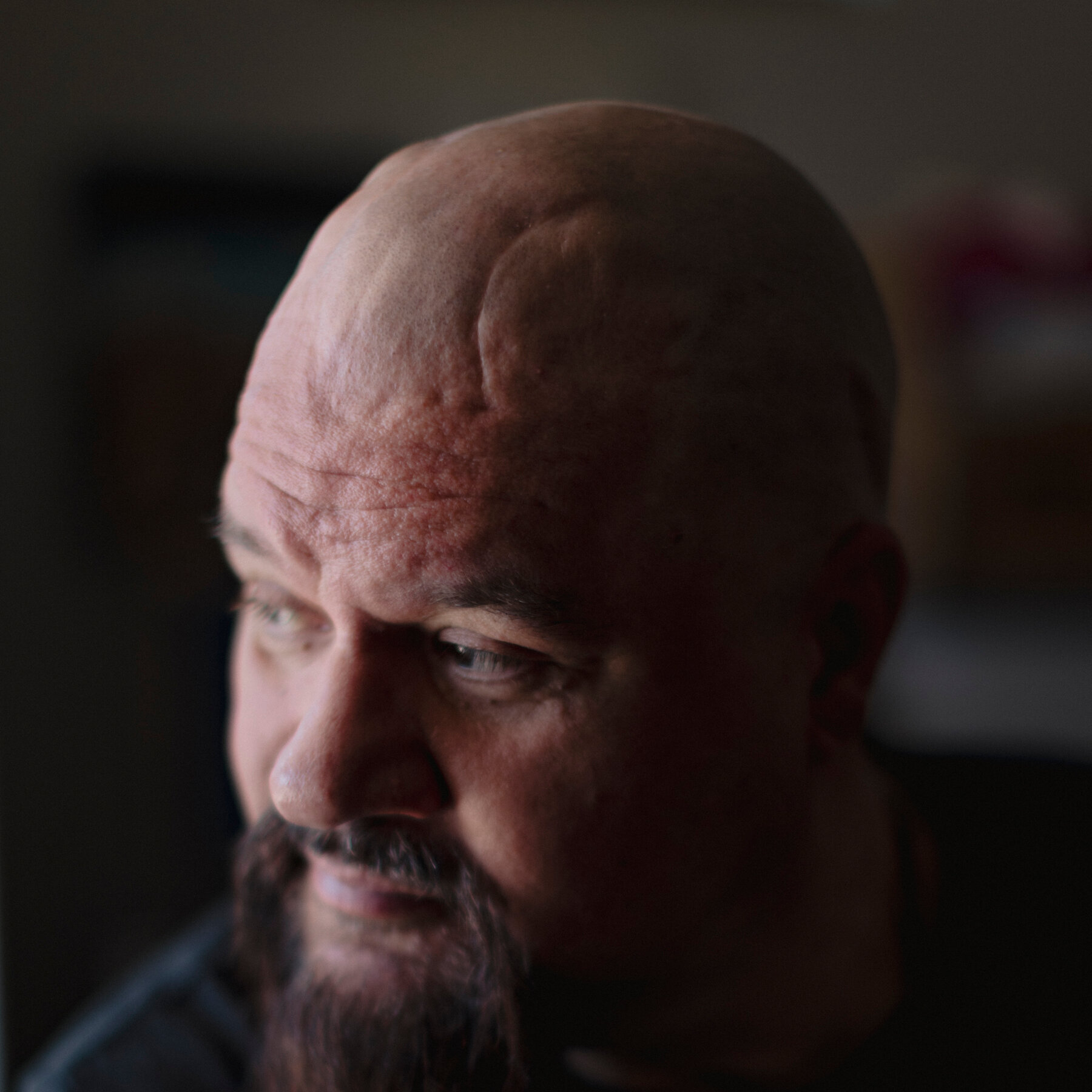Treating Chronic Pain is Hard. An Experimental Approach Shows Promise.
Treating Chronic Pain is Hard. An Experimental Approach Shows Promise.

A guitarist in a death metal band was one of several people who found that personalized deep brain stimulation eased their pain and helped them reduce pain medication.
Read the full article on NY Times Science
Truth Analysis
Analysis Summary:
The article discusses an experimental approach to treating chronic pain using personalized deep brain stimulation. While the general concept of neuromodulation for pain management is supported by available sources, the specific claim about a guitarist and the effectiveness of 'personalized deep brain stimulation' lacks direct verification and relies on a future publication date (2025). The article exhibits moderate bias by focusing on a potentially promising but unproven treatment without adequately acknowledging other existing or developing therapies.
Detailed Analysis:
- Claim: A guitarist in a death metal band found that personalized deep brain stimulation eased their pain and helped them reduce pain medication.
- Assessment: Unverified. No provided source mentions this specific case or the use of personalized deep brain stimulation in this context. This claim is presented as anecdotal evidence and cannot be verified with the provided sources.
- Claim: Personalized deep brain stimulation eased pain and helped reduce pain medication.
- Verification Source #1: Source 1 discusses neuromodulation as a therapeutic technique to regulate brain activity for pain management, which is related to deep brain stimulation.
- Verification Source #2: Source 2 mentions Diadem's noninvasive treatment of chronic pain, which is an experimental therapy.
- Assessment: Partially supported. While neuromodulation and experimental therapies for chronic pain are mentioned, the 'personalized' aspect and the specific claim of reducing medication are not directly supported by the provided sources. The sources discuss related concepts but do not confirm the specific claim.
Supporting Evidence/Contradictions:
- Source 1: 'Diadem's approach is based on neuromodulation, a therapeutic technique that seeks to directly regulate the activity of certain brain circuits.'
- Source 2: 'University of Utah's Diadem Shows Promise for Noninvasive Treatment of Chronic Pain ... experimental therapy that has given many'

